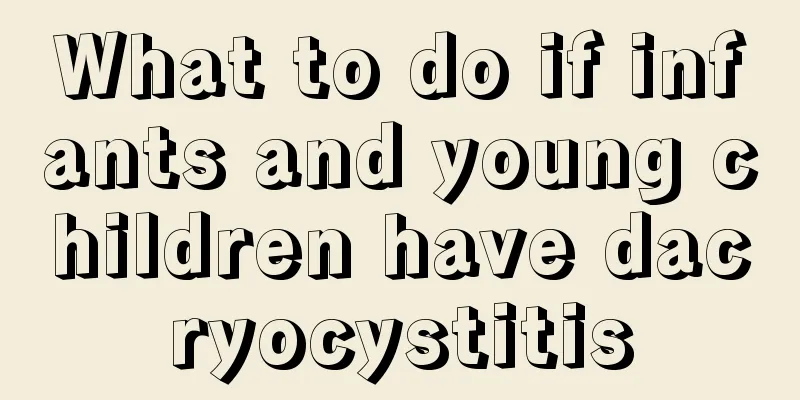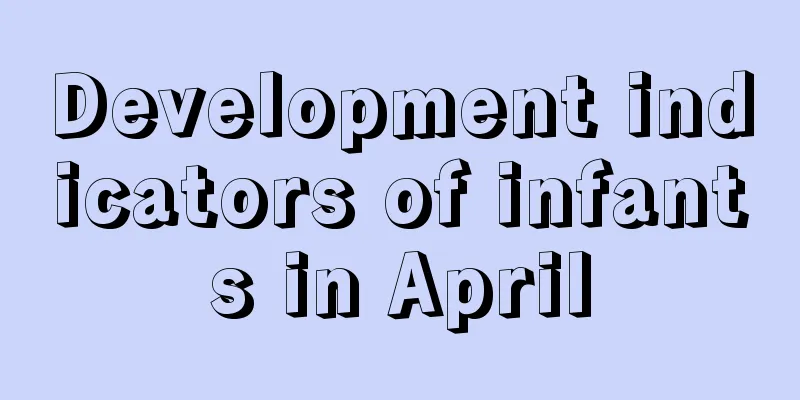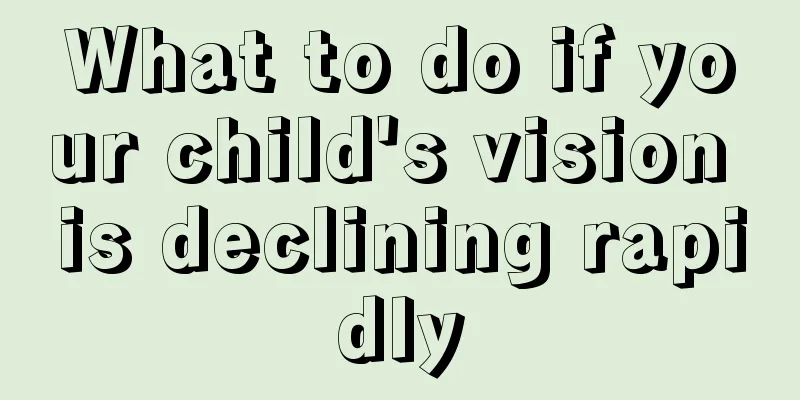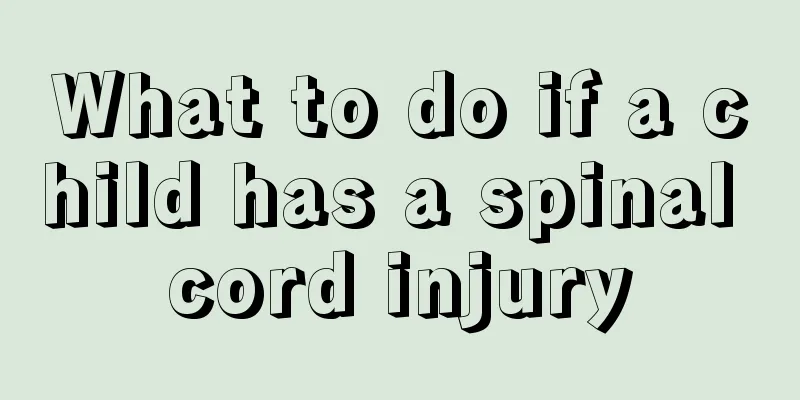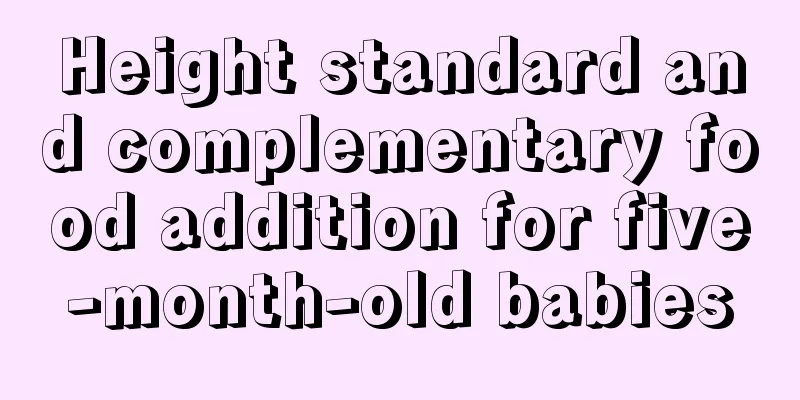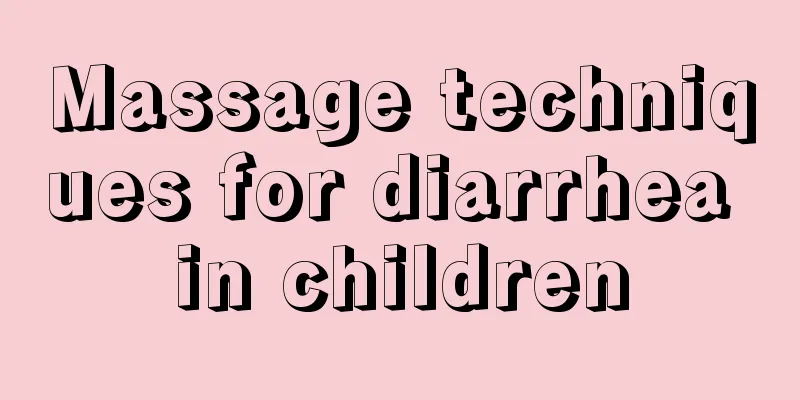What are the symptoms of developmental disorders in children?
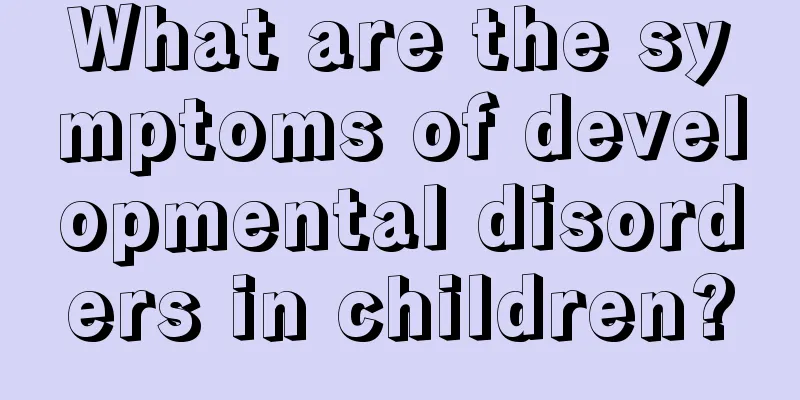
|
Maldevelopment often occurs in children, and the scope of development includes many aspects, such as brain infertility, organ maldevelopment, etc. There are many types of maldevelopment that can occur, which can cause stimulation to the children's body and have extremely serious impacts on their physical and mental health. Harmful symptoms must be discovered early to prevent patients from being harmed during their growth and development. So what are the symptoms of dysplasia in children? The symptoms that children will experience are: 1. Intellectual disabilities and perceptual disorders: Among all children with brain dysplasia, about 1/4 have normal intelligence, about 1/2 have mild or moderate intellectual disabilities, and about 1/4 have severe intellectual disabilities. Perceptual disorders: Most patients are allergic or unresponsive to stimuli; some experience fixed perception, disordered background and graphics. 2. Language disorders: Most children with cerebral dysplasia may have varying degrees of language disorders, some of which manifest as difficulty in language expression or word formation, some as unclear pronunciation or stuttering, and some even as aphasia, that is, they can understand other people's language but cannot speak themselves. This situation is particularly common in children with athetoid cerebral dysplasia. 3. Movement disorders: Children with cerebral dysplasia have lower motor skills than normal children of the same age and poor motor self-control. In mild cases, the hands and feet are only slightly inflexible or clumsy. In severe cases, the hands cannot grasp things, the feet cannot walk, and some cannot even turn over, sit up, stand, chew and swallow normally. 4. Postural disorders: Children with cerebral dysplasia have abnormal body postures, poor posture stability, awkward postures when exercising or at rest, and asymmetry between the left and right sides. In some severe cases, the head is often not in an upright central position like that of normal children, but tends to lean to one side, or sway left and right, front and back. 5. Orofacial dysfunction: Some children with cerebral dysplasia have obvious spasms or uncoordinated contractions of the facial and tongue muscles, which leads to difficulties in chewing and swallowing, difficulty closing the mouth, and drooling. 6. Epilepsy: About 39%-50% of children with cerebral dysplasia suffer from epilepsy due to fixed lesions in the brain. The incidence of epilepsy is particularly prominent in children with severe intellectual disability. 7. Growth and development disorders: Some children with mild cerebral dysplasia may have basically or nearly normal growth and development, but most children with cerebral dysplasia are shorter than normal children of the same age and their growth and development appear to be lagging behind. The symptoms of childhood maldevelopment have been explained clearly. There are not many symptoms in the early stages of the disease, and the diet, education, etc. after the child is born will affect the development. Some children's development is naturally late, so it is impossible to accurately diagnose childhood maldevelopment. Parents need to observe frequently and be vigilant when abnormal symptoms occur frequently, and then send the child to the hospital for disease examination and diagnosis. |
<<: What are the benefits of drinking water early in the morning for young children?
>>: How to treat children with brain dysplasia?
Recommend
What is facial dermatitis in children?
What parents worry about most for children is der...
Treatment of runny nose in the early stage of baby cold
I don’t know if you have ever come across the sit...
What are the dangers of enema for children with fever?
If many children have a severe fever, they can on...
Introduction to sinus arrhythmia in children
Children's health is an issue that mothers ar...
Symptoms of impetigo in children
It is relatively common for children to have pust...
What to do if your newborn has diarrhea
After the birth of a baby, it always brings a lot...
Three major benefits of sending your baby to kindergarten!
When babies grow up to three years old, they will...
How to wash the butt of a newborn
The buttocks of newborn babies are delicate and s...
What department should I go to for children with precocious puberty
Precocious puberty in children has become more an...
What to do if your baby has a high fever and convulsions
High fever convulsions in infants is a relatively...
Normal value of phenylalanine in newborns
Many people do not understand neonatal phenylalan...
Can babies eat ginseng?
Ginseng is a well-known health-care herb that is ...
Can neonatal encephalitis be cured?
Encephalitis is generally caused by viral infecti...
Why does the child have a thick neck?
In life, many children will have thick necks. Whe...
What to do if children have wind-heat cold
Colds are common exogenous diseases in all season...


